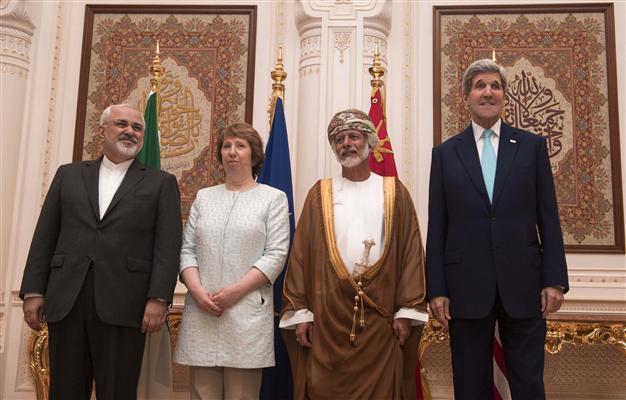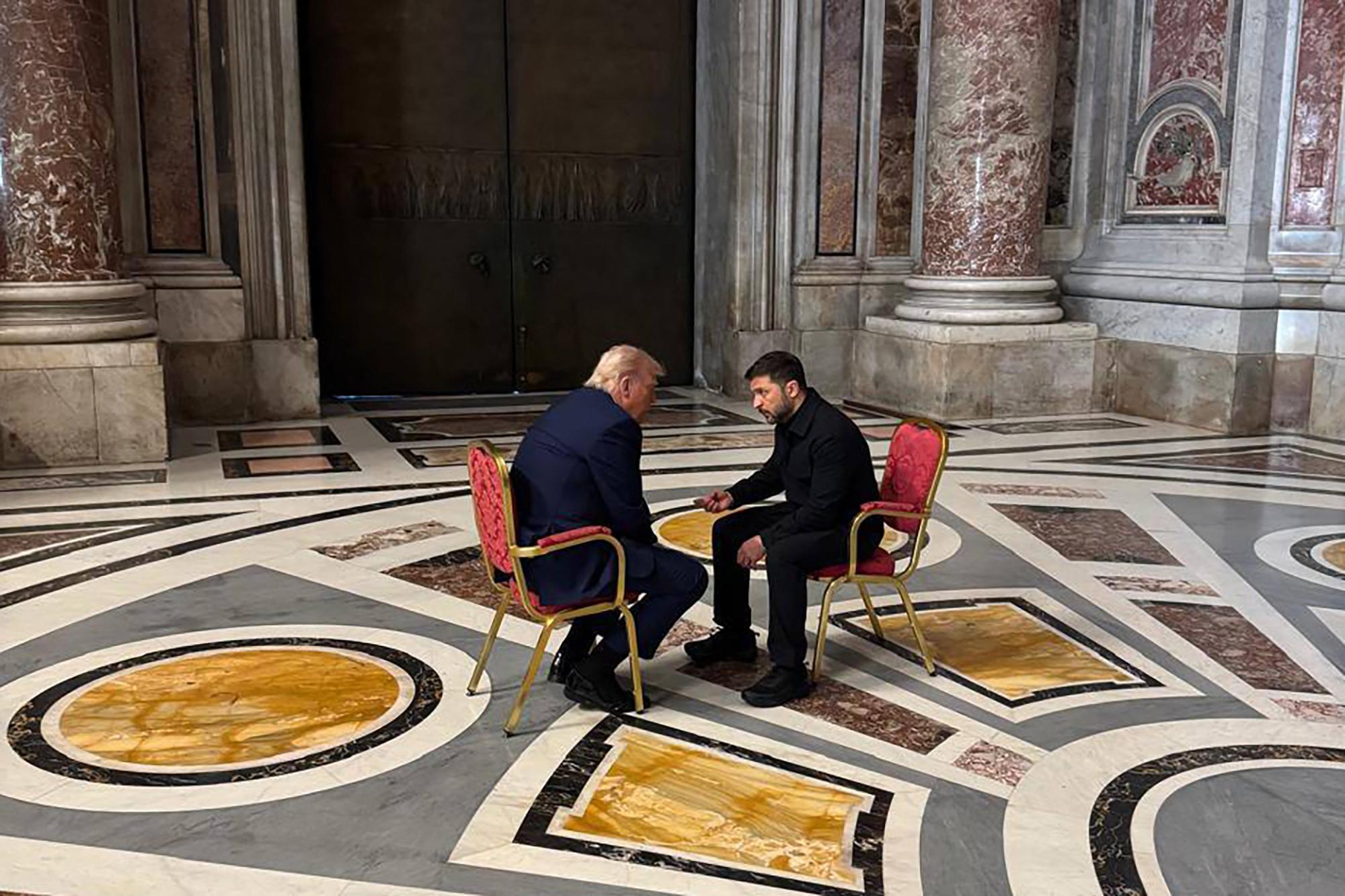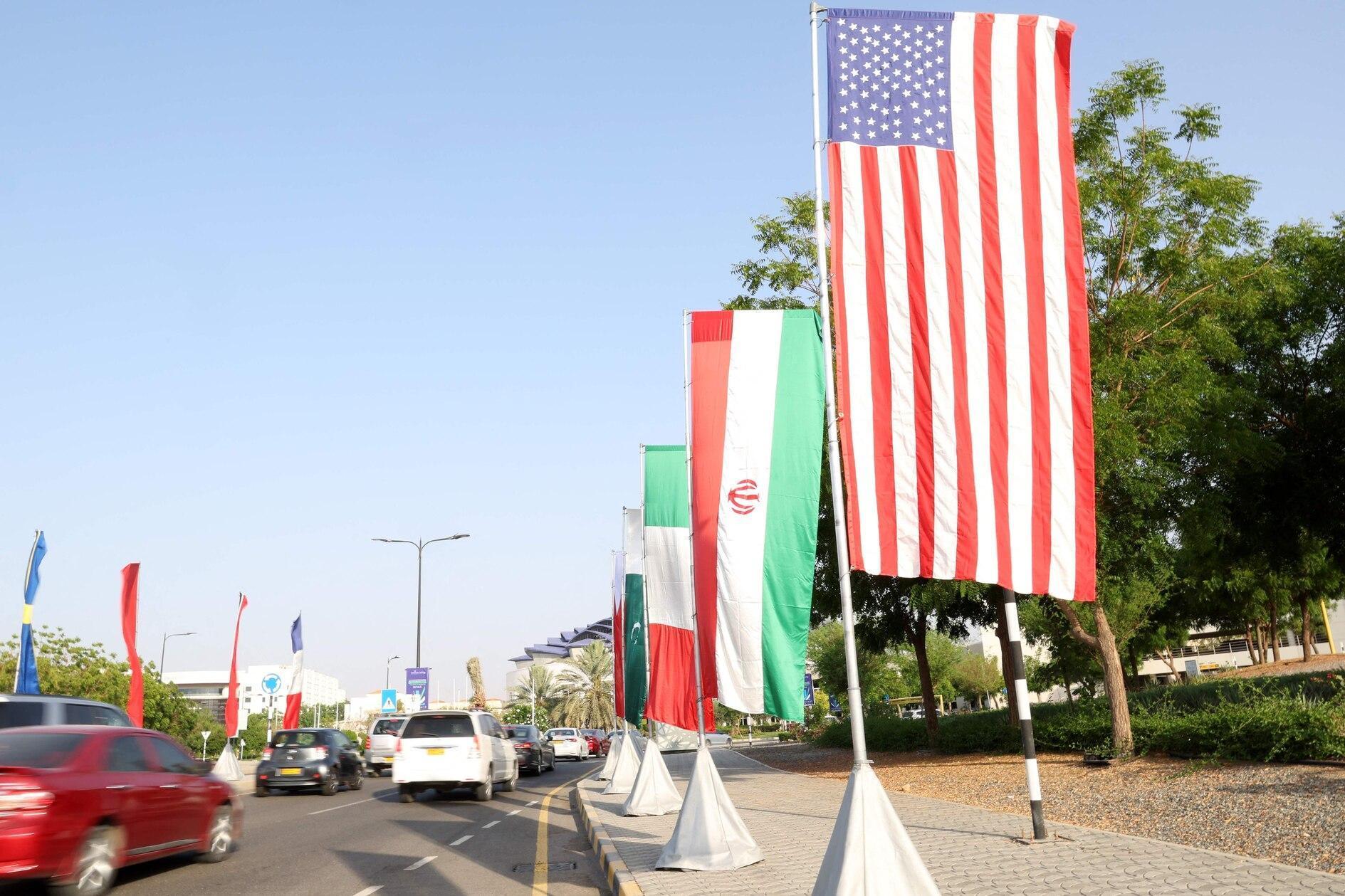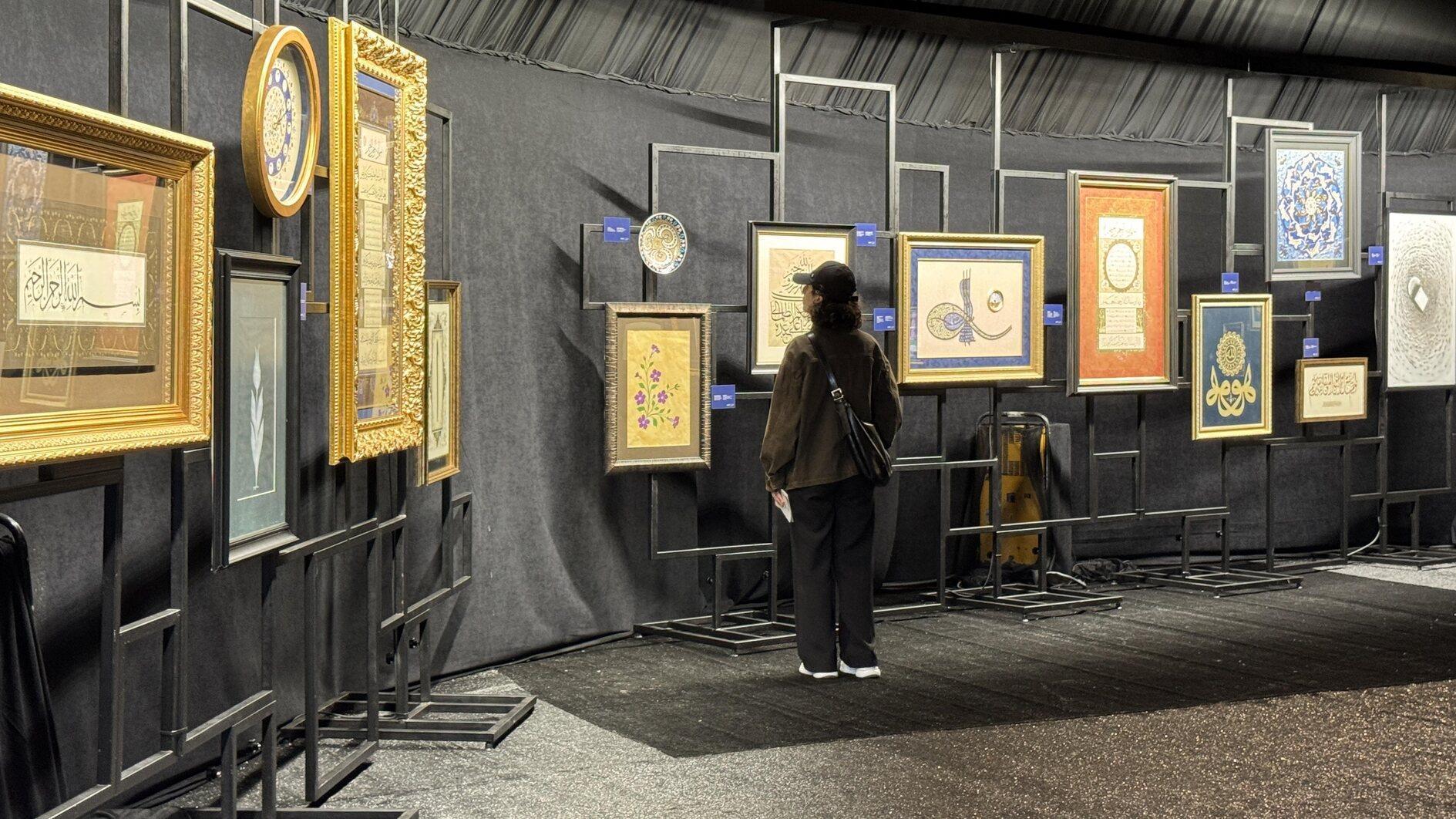Iran says nuclear deal 'possible' in last-ditch round
VIENNA - Agence France-Presse

Mohammad Javad Zarif warned that an accord would only happen if the other side -- the five permanent members of the UN Security Council plus Germany -- refrained from making "excessive demands". AP Photo
Iran's foreign minister insisted Tuesday a nuclear deal remained possible as he arrived for a final round of talks with world powers, with differences still wide just six days before a deadline to strike an agreement.But Mohammad Javad Zarif warned that an accord would only happen if the other side -- the five permanent members of the UN Security Council plus Germany -- refrained from making "excessive demands".
"A deal is still possible," Zarif was quoted by Iranian media as saying after landing at Vienna airport.
"If, because of excessive demands by the other side, we don't get a result, then the world will understand that the Islamic Republic sought a solution, a compromise and a constructive agreement and that it will not renounce its rights and the greatness of the nation."
The mammoth accord being sought by Monday's deadline, after months of negotiations, is aimed at easing fears that Tehran might develop nuclear weapons under the guise of civilian activities.
It could consign to history a 12-year standoff over Iran's atomic programme, silence talk of war and help normalise Iran's relations with the West after 35 years of mistrust and antagonism.
It could also boost Iran's economy, improve the lives of ordinary Iranians and mark a rare foreign policy success for US President Barack Obama, five years after he offered Tehran an "outstretched hand".
US and Iranian negotiations are under domestic pressure not to give too much away, however, while Israel -- assumed to be the Middle East's sole nuclear-armed power -- and others in the volatile region are sceptical.
In order to make it virtually impossible for Iran to assemble a nuclear weapon, the US, China, Russia, Britain, France and Germany (the P5+1) want Iran to scale down and put limits on its nuclear programme.
Iran, which says its nuclear aims are exclusively peaceful, wants painful sanctions lifted and a recognition of its "right" to a peaceful nuclear programme.
Some areas in what would be a highly complex agreement appear provisionally sewn up, like altering a reactor being built at Arak, a different use for the Fordo facility -- under a mountain to protect it from air attack -- and more inspections.
But the big problem remains enrichment, which renders uranium suitable for power generation and making nuclear medicines -- but also, at high purities, for a weapon.
At present Iran could use its existing infrastructure to produce enough weapons-grade uranium for one bomb in a few months, although any such "breakout" attempt would be detected very quickly.
And Iran wants to ramp up massively the number of enrichment centrifuges in order, it says, to make reactor fuel.
The West wants them slashed, saying Iran has no such need at present, while seeking to extend the "breakout" period to at least a year.
Other thorny issues are the duration of the accord and the pace at which sanctions are lifted, an area where Iranian expectations are "excessive", one Western diplomat said.
"We still have gaps to close and do not yet know if we will be able to do so," a senior US official warned late Monday.
Given the differences many analysts expect more time to be put on the clock.
"There is virtually no possibility that a complete deal will be concluded by November 24," former top US diplomat Robert Einhorn, now an expert with the Brookings Institution, told AFP, predicting another extension of "several more months".
And the alternative -- walking away -- would be "catastrophic," Arms Control Association analyst Kelsey Davenport said.
"Given the political capital that both sides have invested ... it would be foolish to walk away from the talks and throw away this historic opportunity," Davenport told AFP.
For now though, with another extension presenting risks of its own -- fresh US sanctions, not least -- officials insist that they remain focused on the deadline.
"An extension is not and has not been a subject of conversation at this point," the senior US official said.
Zarif was due to hold a working lunch in the Austrian capital Tuesday with the powers' lead negotiator, former EU foreign policy chief Catherine Ashton, before the talks begin in earnest later.
















